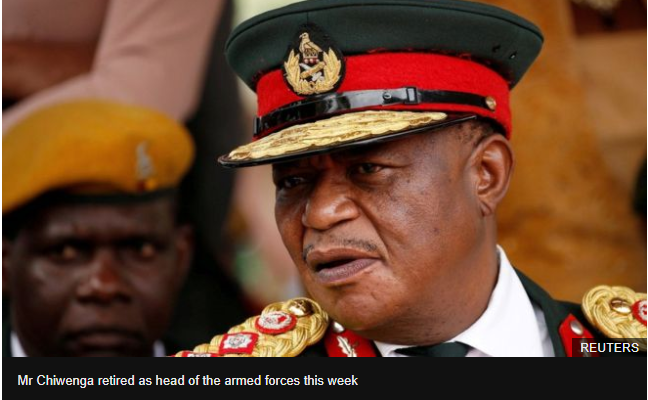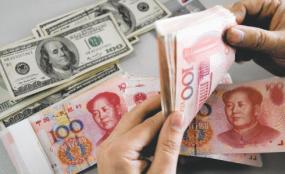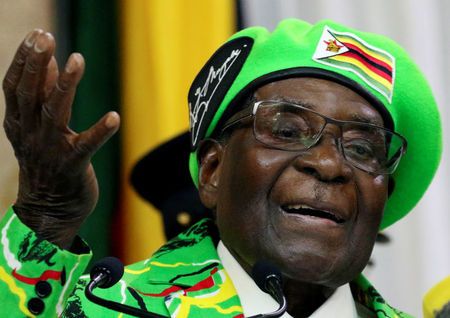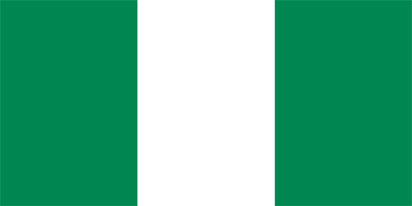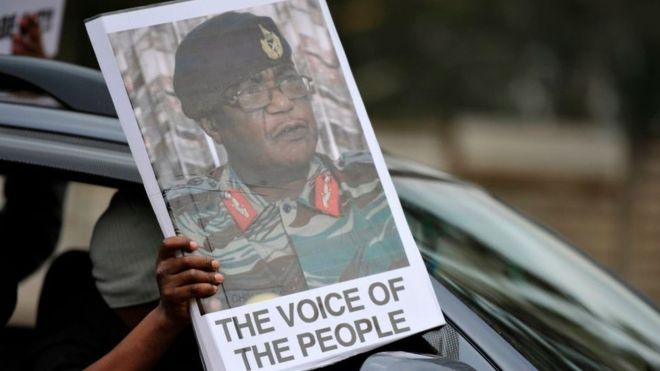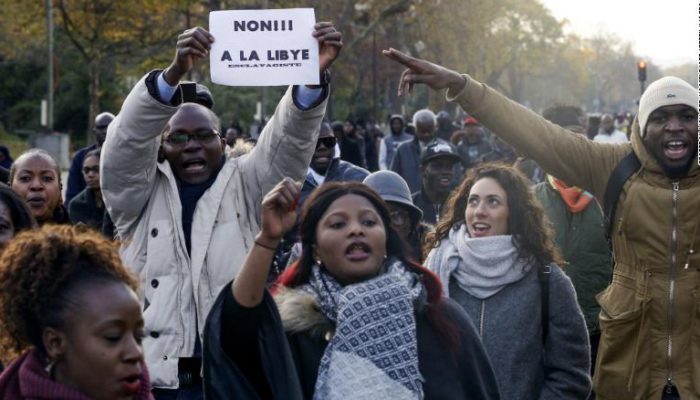Zimbabwe’s new President Emmerson Mnangagwa has appointed as one of his deputies in the ruling party the leader of the military takeover that led to ex-president Robert Mugabe’s overthrow.
Constantino Chiwenga recently retired as army chief, prompting speculation that he would receive a political post.
The appointment is seen as a first step towards becoming vice-president.
Mr Chiwenga retired this week, more than a month after the army intervened in a row over Mr Mugabe’s succession.
The other deputy Zanu-PF leader is Kembo Mohadi, who was state security minister under the former president.
The 15 November takeover came days after Mr Mnangagwa, then deputy president, was fired by Mr Mugabe and left the country.
That move was seen as an attempt to install Mr Mugabe’s wife Grace as his successor instead of Mr Mnangagwa.
- The army chief who took power from Mugabe
- How Zimbabwe’s new leader will be different
- What next for Zimbabwe?
But Mr Mnangagwa had strong ties to the military, and following the intervention he was appointed president and inaugurated on 24 November.
Like Mr Mnangagwa, Mr Chiwenga used to be one of Mr Mugabe’s right-hand men, playing a central role in the seizure of white-owned farms and a brutal crackdown on the opposition after elections in 2008.
But he is said to be committed to rescuing Zimbabwe’s economy, which he believes is in such a dire state that it threatens national security.
Mr Mnangagwa has already appointed two former military men as ministers.
On 30 November former general Sibusiso Moyo, who played a prominent role in the takeover, was made foreign minister and former air force chief Perence Shiri was named minister of agriculture and land affairs.
Source: BBC

